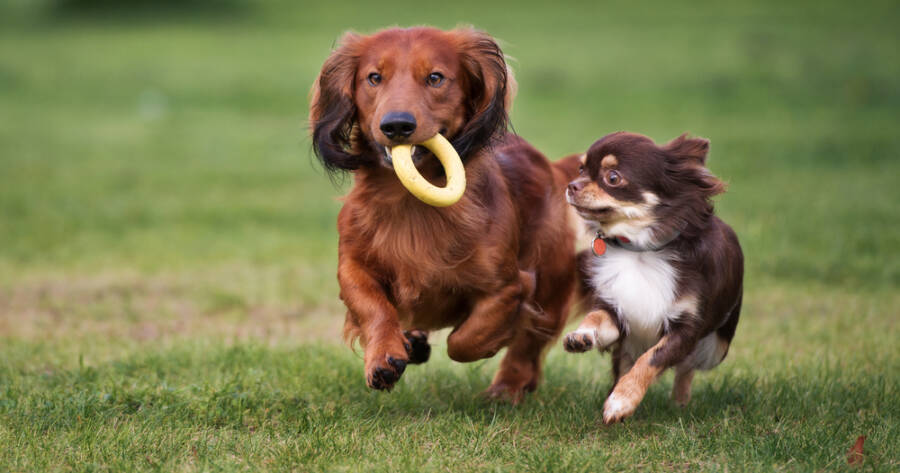Bringing home a new puppy is an exciting milestone, but proper socialization is key to raising a well-behaved, confident dog. Unfortunately, many new owners unknowingly make mistakes that can lead to anxiety, fear, or behavioral issues later on. Socialization goes beyond just meeting new people—it’s about exposing your puppy to a variety of experiences in a positive, controlled way. Avoiding common pitfalls early ensures your puppy grows into a happy, well-adjusted companion.
Waiting Too Long to Start Socialization
One of the most common mistakes new puppy owners make is waiting too long to begin socialization. Puppies have a critical socialization window—typically between 3 to 14 weeks—when they’re most receptive to new experiences. Missing this window can result in a dog that’s fearful or anxious in unfamiliar situations.
Start exposing your puppy to different sights, sounds, people, and environments as soon as it’s safe. Even simple outings like visiting friends, walking in the neighborhood, or short car rides can make a lasting impact during these early weeks.
Overwhelming Your Puppy Too Quickly
While it’s essential to expose your puppy to new things, doing too much too fast can backfire. Flooding them with crowded places, loud noises, or rough handling before they’re ready may cause stress and fear rather than confidence.
Pace socialization carefully by introducing one new experience at a time in a calm, controlled manner. Always watch your puppy’s body language—if they seem overwhelmed, take a step back and give them time to adjust at their own pace.
Skipping Positive Reinforcement
Socialization isn’t just about exposure; it’s about ensuring every experience is positive. Some owners forget to pair new encounters with praise, treats, or playtime, missing the chance to reinforce good behavior and create positive associations.
Always reward your puppy when they interact calmly with new people, animals, or environments. Positive reinforcement encourages them to view new experiences as fun and rewarding, which lays the groundwork for a confident, well-mannered adult dog.
Neglecting to Introduce a Variety of Experiences
Some new puppy owners focus solely on socializing their dog with other dogs, overlooking other crucial aspects. True socialization includes a variety of situations—meeting different types of people (adults, children, people wearing hats or carrying umbrellas), hearing various noises, and encountering new environments like parks, vet offices, or sidewalks.
A well-rounded socialization routine prepares your puppy for everyday life, helping them stay calm and confident no matter where they go or who they meet.
Avoiding Other Dogs Entirely
On the flip side, some owners become so cautious about disease exposure (before vaccinations are complete) that they avoid dog interactions altogether. While safety is important, missing early opportunities to meet well-behaved, vaccinated dogs can lead to future issues with dog aggression or fear.
Seek out safe environments—such as puppy classes or playdates with vaccinated dogs—to introduce your puppy to canine companions. Positive early interactions help develop proper doggy social skills and reduce anxiety around other animals.
Failing to Stay Consistent Over Time
Socialization isn’t something to check off a list once and forget. Another common mistake is thinking short-term efforts are enough. Puppies need ongoing socialization well into adolescence and beyond to reinforce the skills they’ve learned.
Continue exposing your dog to new people, environments, and experiences regularly as they grow. Consistency prevents regression and ensures your dog remains friendly, adaptable, and confident throughout their life.
Raising a Well-Socialized, Happy Pup
Socializing your puppy the right way takes time, patience, and a thoughtful approach—but the rewards are well worth it. Avoiding common missteps ensures your puppy grows into a balanced, friendly dog who feels at ease in a variety of situations. By starting early, staying positive, and being consistent, you’ll give your pup the tools they need to thrive socially and confidently for years to come.

